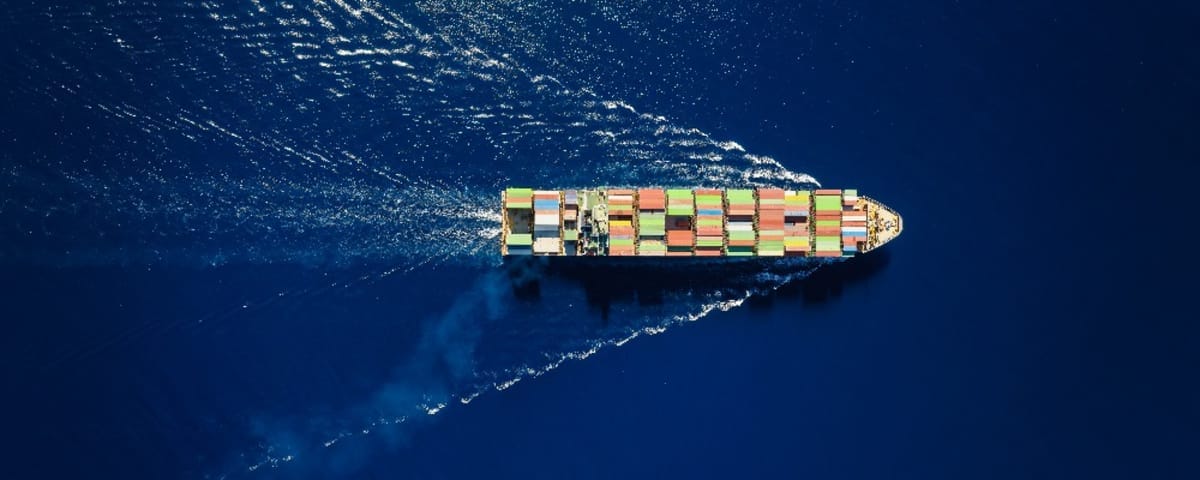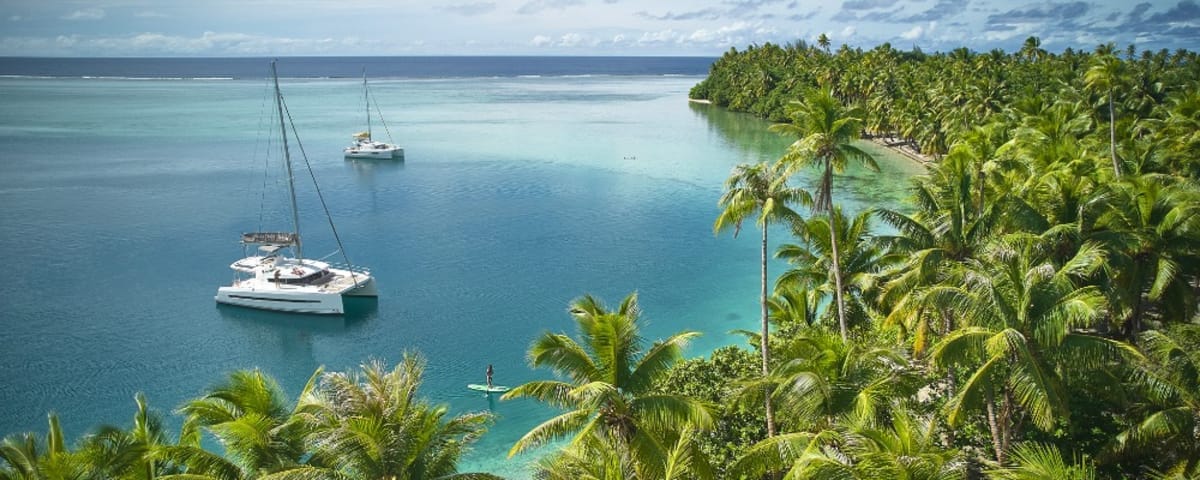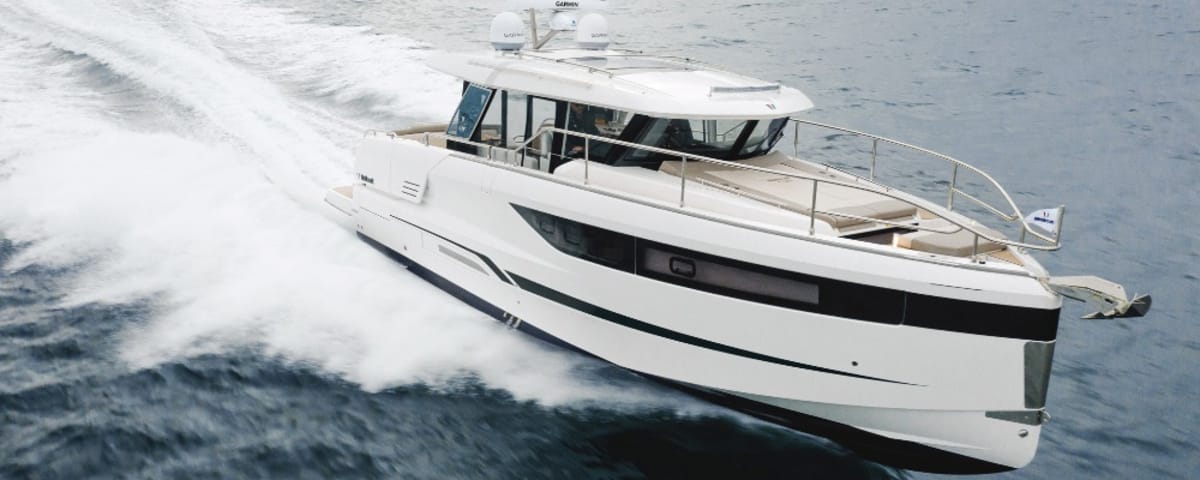The Environmental Toll of Maritime Transport: A Sea of Pollution
Alarming figures only tell part of the story. They often overlook the various forms of pollution generated by maritime transport, including the discharge of wastewater, plastic waste, toxic substances, and the accidental loss of fishing gear, which become deadly traps for marine life.
Multiple Discharges, Disastrous Consequences
Hydrocarbons, frequently highlighted, are just one aspect of the problem. Maritime transport also contributes to chemical pollution through the release of ballast water, laden with fuel residues and exotic microorganisms that disrupt local ecosystems. Furthermore, underwater noise pollution, caused by engine and propeller noise, disturbs cetaceans and other sensitive marine species.
The plastic problem is also critical: each year, approximately 150,000 tons of plastic are directly discharged into the sea by ships, mainly in the form of packaging, microplastics from antifouling paints, and abandoned fishing nets. These nets, often made of nylon or polypropylene, continue to trap and suffocate wildlife for decades.
Europe’s Challenge: Maritime Pollution
With numerous coastal member states and an extensive coastline, the European Union (EU) plays a crucial role in combating marine pollution. Its environmental action program prioritizes zero water pollution by 2030. This ambition aligns with the UN’s Sustainable Development Goal 14, which aims to significantly reduce marine pollution by 2025.
To strengthen this policy, the EU has implemented several measures:
- European regulations on ship emission control, imposing strict standards on sulfur oxide (SOx) and nitrogen oxide (NOx) emissions in sensitive maritime areas, such as the Baltic Sea and the North Sea.
- The European Maritime Traffic Monitoring and Control System (SafeSeaNet), which tracks suspicious discharges and detects violations.
- Strengthened obligations for European ports regarding ship waste management, with the “Port Reception Facilities” directive, requiring ships to discharge their waste in adequate port facilities.
Despite these efforts, enforcing regulations remains a significant challenge. A report highlights persistent shortcomings in rule implementation, mainly due to a lack of harmonization among member states and insufficient controls.
Uneven Controls and the Need for Stronger Political Will
The audit included visits in France and Germany, covering the North Sea and the Baltic Sea, some of the world’s busiest shipping routes. With major European freight ports located in these areas, they are particularly exposed to pollution risks.
The findings indicate that while some regulations are rigorously enforced, others suffer from a lack of resources and coordination. The low number of inspections at sea, the lack of deterrent sanctions, and discrepancies between national regulations undermine the effectiveness of existing measures.
Simultaneously, the International Maritime Organization (IMO) is attempting to accelerate the sector’s energy transition by implementing new standards on marine fuels and developing cleaner technologies (LNG, hydrogen, wind propulsion). However, the transition remains slow, hampered by high costs and the reluctance of economic actors.
A Tentative Ecological Shift for Maritime Transport
Faced with these challenges, alternatives are emerging. Some shipping companies are experimenting with innovative solutions, such as integrating rigid sails to reduce fuel consumption, using biofuels, or developing smart ports capable of providing electrical power to ships at berth to limit emissions.
However, the issue of ship pollution cannot be resolved without a global and binding approach. Europe has laid the foundation, but enhanced cooperation with non-European countries and stricter measures will be necessary to achieve a genuine zero marine pollution objective.
In the meantime, the oceans continue to pay a heavy price for the growth of maritime trade. The sector’s ecological transition, although underway, remains too timid in the face of the environmental emergency.
Enjoyed this post by Thibault Helle? Subscribe for more insights and updates straight from the source.


